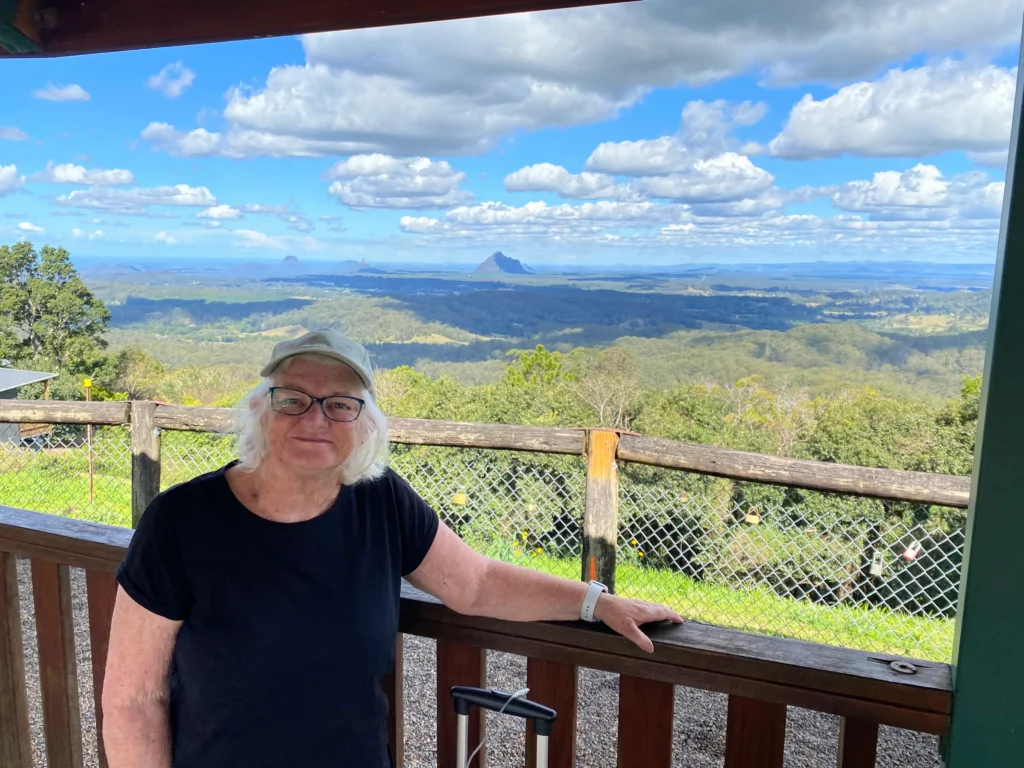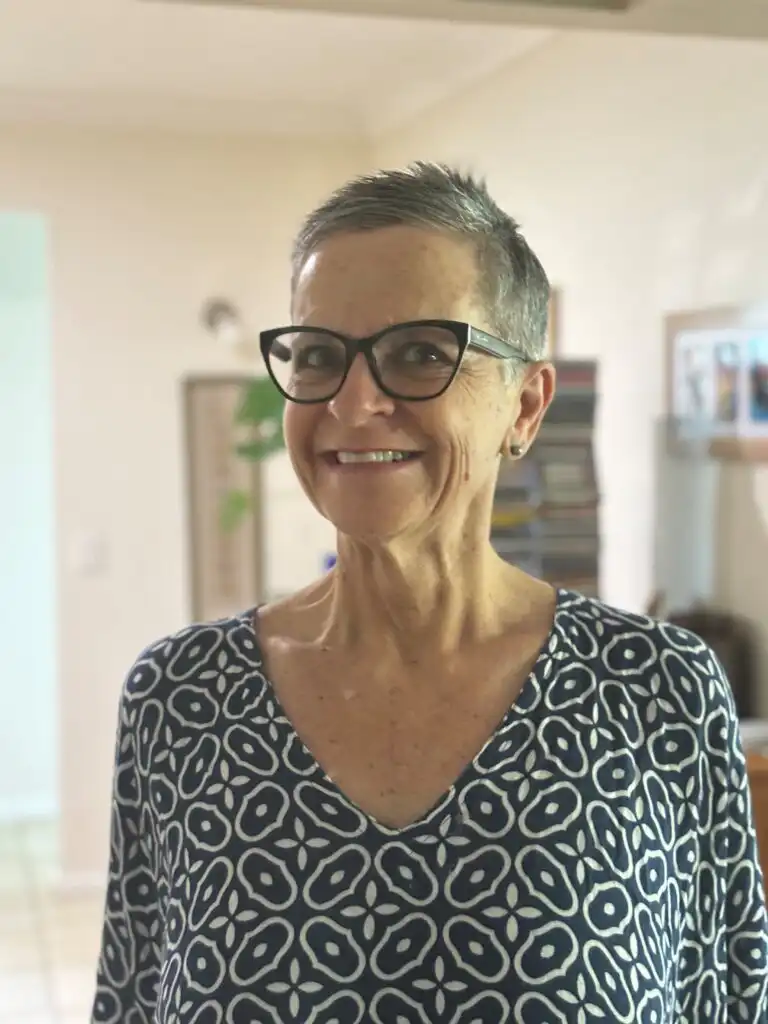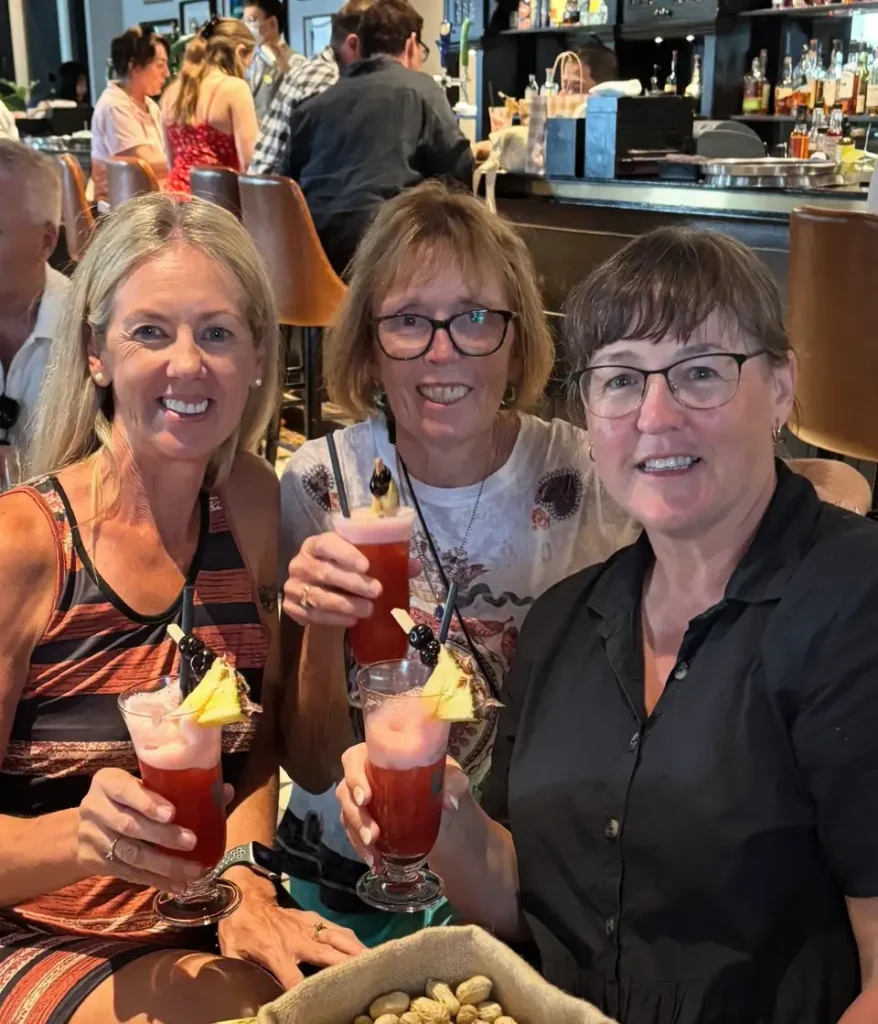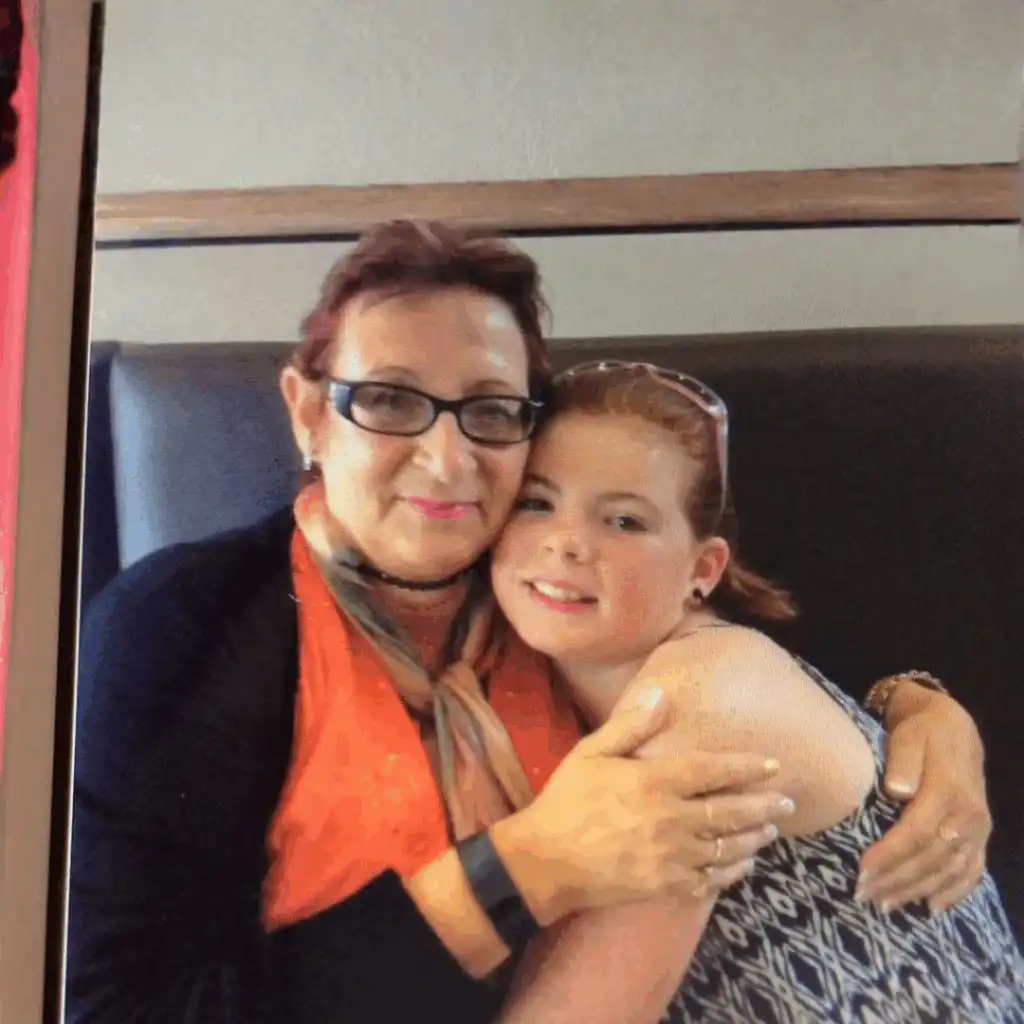What to expect from a lung transplant? A lung transplant is a complex, and often life-saving surgery for people experiencing lung failure. They are reserved for people who have tried other medications and procedures which have been ineffective. There are many unknowns in the lead up to the procedure so it’s natural to have questions.
If you and your doctor think a lung transplant may be a suitable treatment option, you will need to be reviewed. A lung transplant team will undergo a lung transplant assessment for you. To be considered eligible, a comprehensive range of investigations and tests will be carried out. The eligibility assessment will look at various aspects including the stage of your disease, other health conditions, lifestyle and different factors that could put you at higher risk.
Lung Foundation Australia spoke with Craig Wood, about his road to his lung transplant. Craig was diagnosed with Alpha-1 antitrypsin deficiency (AATD), a condition where the liver makes too little Alpha-1 antitrypsin. Craig shares what to expect from a lung transplant, and the importance of talking to others throughout the process.
How did you find out you needed a lung transplant?
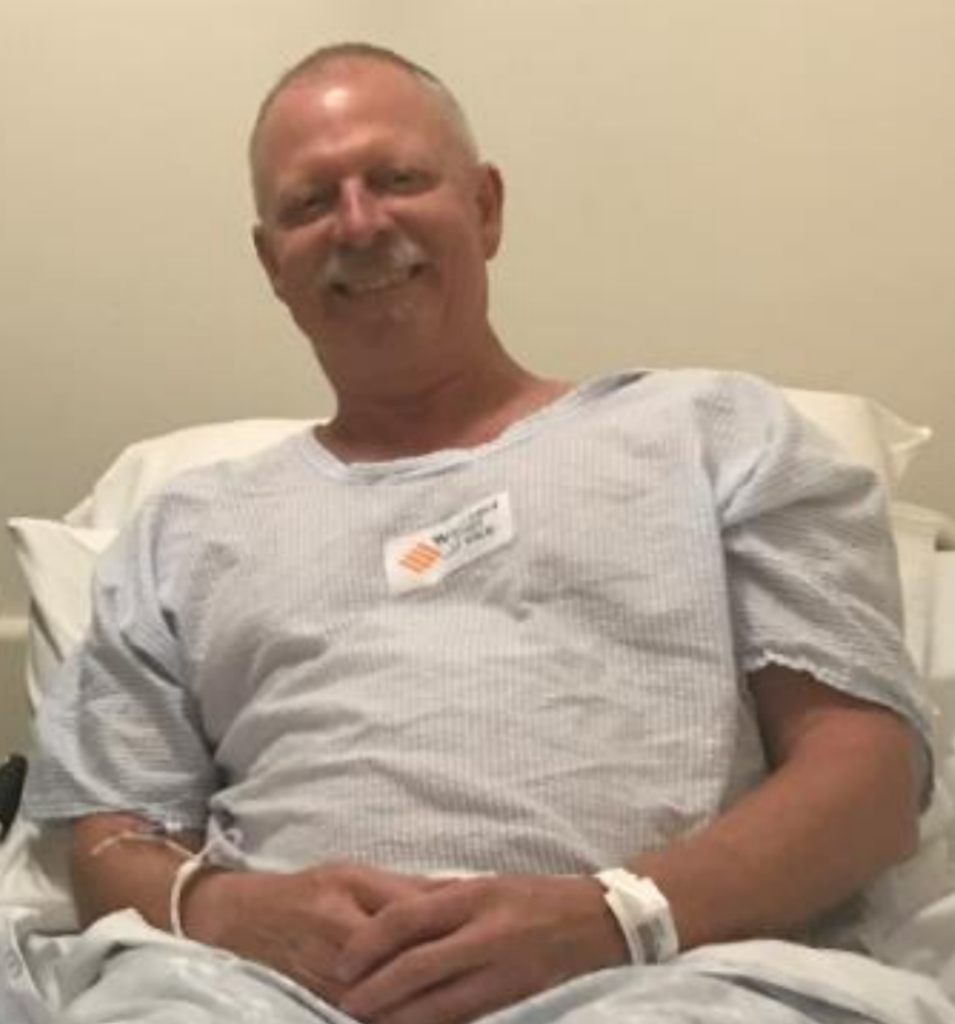
I had a double lung transplant when I was 57.
“My specialist had always said I would not be referred for a transplant until ‘it effected my quality of life.’ So, for many years I put up with the puffing and not being able to do any physical activity. This included walking upstairs, putting the bins out etc. During the years, my lung function dropped from 38% to 20%, this is when my quality of life was impacted.
How did you qualify for the transplant registry?
I was originally referred to The Alfred Hospital by my specialist in October 2017. After spending three days in The Alfred Hospital in Melbourne for a Lung Transplant Assessment I was given the approval for transplant in early March 2018.
During the assessment you have many appointments to see many professionals: pharmacists, occupational therapists, transplant co-ordinator, anaesthetics review, dental clinic, dietician, physiotherapist, social worker and finally the CTHR surgeon.
You will also be required to have the following tests: carotid duplex, Dexa scan, VQ scan, CT Thorax, spot urine test, fasting, lung function, BIA assessment, echocardiogram and provide many, many vials of blood.
Following the three-day assessment and prior to the next step you will be required to undergo an angiogram. Once the ‘approval’ has been given by the team, your blood is analysed in great detail by Lifeblood (Australian Red Cross Lifeblood) and results provided nationally for a compatible donor.
From there it is the waiting game.
What happened once you were listed for a lung transplant?
Once we were advised we were on the waiting list, my wife had a bag packed with the essentials. It was difficult not actually knowing when the call would come. I advised work and set up plans for my job share with others, the family and close friends were advised and then we waited…luckily not too long!
How long did you wait until your lung transplant after you were on the registry?
In March 2018, my wife and I met with the family (we have three boys and a girl) and very close friends to advise them I was approved. Little did we know one week later we received the call and had the lung transplant.
Normally this quick lead is not the norm. I was told I could wait up to two years.
When you received the call to go in for your transplant, what was the process?
We received the call approx. 6:00am. My wife and I drove to hospital, went to the Alfred Hospital 5th floor ward and literally waited until 5:00pm. The confirmation from the lead doctor Professor Greg Snell advised the donor lungs were assessed and acceptable. The operation was to proceed. My children were also with us.
What are some things a caregiver should consider or be aware of during this process?
The nominated caregiver is really the lifeline for the patient not only for the recovery but the ongoing hospital trips. There is physio, blood tests and more hospital visits than you can imagine. For me my caregiver was my wife, so she not only said goodbye to me on the way to the operation but also, she was there when I woke up. And literally went through the whole process with me from the operation to the recovery. The caregiver’s role is very much underestimated.
Waking up after your lung transplant, how did you feel?
When I woke up, the first thing I noticed was the ventilator. I was quite scared. Once the ICU nurses removed the ventilator, I was amazed of the long breathe I could take in and exhale, more than I been able to do for years. There was no pain at this time due to the medication. I do remember being hooked up to many machines to monitor my vitals, heart, saturation levels etc. I spent 3 1/2 days in the ICU. The care from the doctors and nurses was wonderful.
From ICU to the ward. Followed by 12 weeks of rehab. I was very lucky; I was in hospital for just 12 days for my double lung transplant.
I completed my gym attendance in eight weeks (instead of the normal 12 weeks). There were clinic visits every Monday. These involved seeing the doctors, lung function, blood pressure, oxygen stats, general recovery. Education sessions every Wednesday with my wife. These involved medications, food safety, occupational therapy, physio, social workers, carers meetings. These are compulsory meetings.
Medications are the most important of the recovery, there are a heap to get used to and the nurses provide education on what the meds are, what they provide the purpose of each and when to take them.
You are provided with a Medication list which assists in identifying and providing notes on what they are for. You needed to know all of this to make up a daily and weekly supply prior to leaving the hospital – this is very important to understand and know.
What’s life like after your lung transplant?
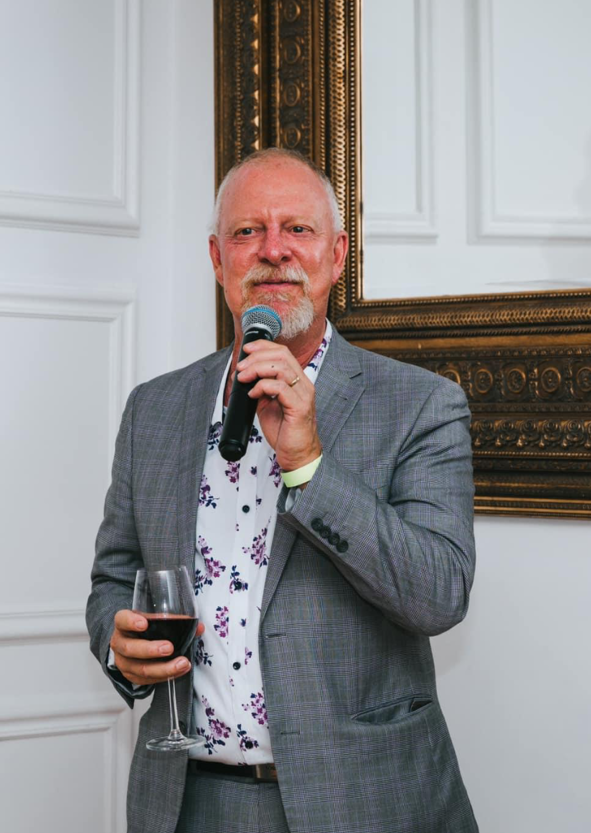
I returned to full-time work three months after. To date besides one rejection in January 2020 which was treated quickly, I have had no setbacks.
I did not realise the sacrifices my family had made. Now I can play with my grandchildren, travel more. I have now retired at 62 while my health is so good. Life is wonderful.
It does take dedication after the lung transplant operation to ensure the success and the continued success in everything you do. From eating, getting out, exercise and work and you need to remember. This is a second chance of life…. this is my story.
If you have had a lung transplant or caring for someone who has, join our online peer support group, established in collaboration with the Lungitude Foundation. It is a place to share experiences and tips for managing the practical and emotional challenges of the lung transplant journey.
Was this page helpful?
Good job! Please give your positive feedback
How could we improve this post? Please Help us.
